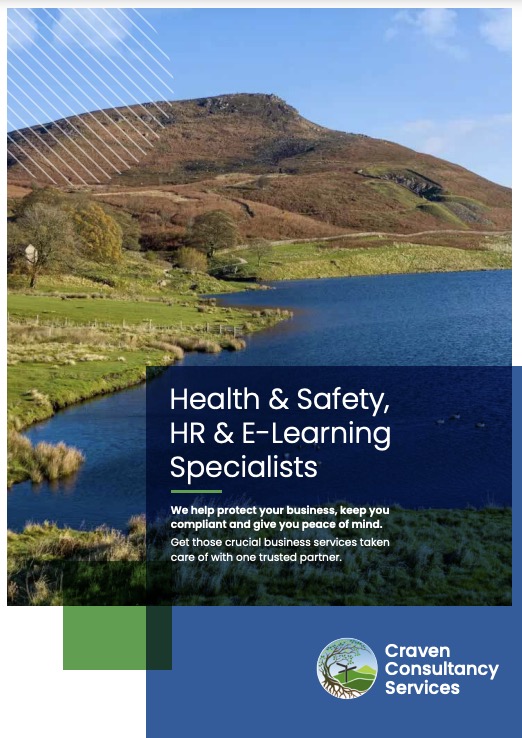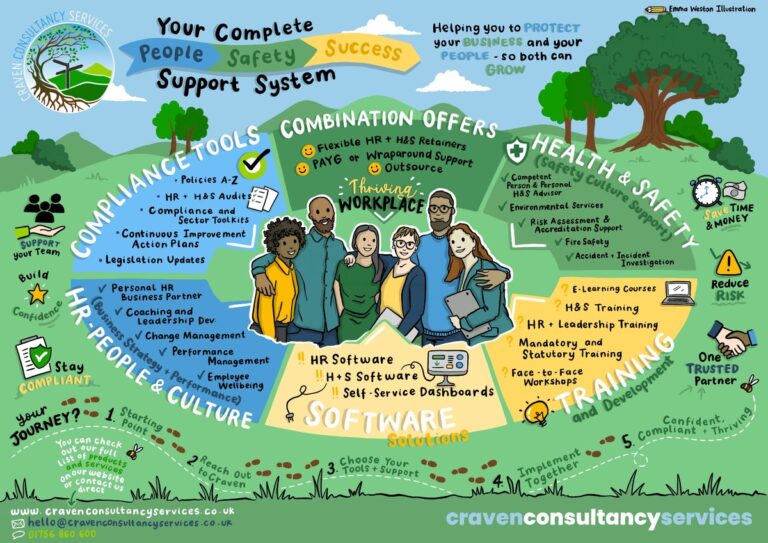On 17 July 2024, King Charles III delivered the King’s Speech, setting out the legislative priorities for the newly elected Labour government. As expected, the speech touched on many areas of employment law reform that Labour had promised in its New Deal for Working People.
Importantly for businesses and HR professionals, no imminent action is required but employment law and employee rights are firmly on the government’s agenda so it’s worth keeping a close eye on developments and what they will mean for your business.
In this article, we outline what’s changing and when as announced in the King’s Speech. Please see our recent blog for full detail about the government’s plans for employment law reform and what the short and long-term implications are for employers.
Employment Rights Bill
The government will introduce a new Employment Rights Bill, with the intention of ‘making work pay’, banning exploitative practices and enhancing employment rights. Much of the detail around the new Bill is set out in the briefing notes to the King’s Speech, which broadly reflect what Labour previously promised in its New Deal. This means the government formally intends to legislate in the following areas:
- Banning exploitative zero-hours contracts.
- Restricting fire-and-rehire practices and issuing a new statutory code of practice.
- Granting workers a suite of rights from their first day of employment, including unfair dismissal protection, parental leave and sick pay.
- Strengthening statutory sick pay by removing the lower earnings threshold and removing the three-day waiting period.
- Making flexible working the default from day one for all workers, with employers required to accommodate this as far as is reasonable.
- Strengthening protection for new mothers by making it unlawful to dismiss a woman who has had a baby for six months after her return to work, except in specific circumstances.
- Creating a Fair Work Agency to oversee the enforcement of employment rights in the workplace.
- Establishment a Fair Pay Agreement in the adult social care sector and reviewing whether similar agreements could benefit other sectors.
- Updating trade union legislation to remove ‘unnecessary’ restrictions on trade union activity and simplifying the process of statutory recognition.
We covered all the above changes in detail and what they will mean for your business in our recent blog. The King’s Speech does not add much additional detail, although the briefing notes do confirm that Labour intends to introduce the Employment Rights Bill within the first 100 days of government.
This means we are likely to see draft legislation by October 2024, although we don’t expect the legislation will itself come into force in 2024 since it still needs to pass through both Houses of Parliament and secondary legislation may be needed to give full effect to some of the changes. Some changes may start to take effect during the course of 2025 and we will keep you updated on any developments.
Draft Equality (Race and Disability) Bill
Separate to the Employment Rights Bill, the government will publish draft legislation for the ‘full right’ to equal pay for ethnic minorities and disabled people and will introduce mandatory ethnicity and disability pay reporting. This means the government formally intends to legislate to:
- Allow equal pay claims based on race and disability.
- Introduce mandatory ethnicity and disability pay gap reporting for large employers with over 250 employees.
These changes are likely to be complex, particularly pay gap reporting where it’s not clear how employers will be expected to define the relevant groups and analyse the data. The fact that Labour is promising only ‘draft’ legislation at this stage may suggest these changes will take much longer to enshrine in law than the changes promised under the new Employment Rights Bill. Unlike the Employment Rights Bill, the briefing notes do not commit to legislating in these areas within the first 100 days of government.
National Living Wage and apprenticeship levy
The King’s Speech makes it clear that Labour will deliver a ‘genuine living wage’ that accounts for the cost of living and removes qualifying age requirement for receipt of the National Living Wage. This change could take effect as early as April 2025 as there is no requirement for new legislation to make updates to the National Living Wage rate.
The King’s Speech also briefly mentions reform of the apprenticeship levy, although it does not provide any further detail about what reform will look like.
Artificial Intelligence (AI)
The King’s Speech makes very brief mention of AI in the context of employment law reform. It promises requirements on those working to develop the most powerful AI models, but there is no detail beyond this in the briefing notes. It’s likely this is referring to Labour’s previous proposals under the New Deal to protect workers against job automation and discrimination from the introduction of AI technologies, but we will need to see the detail in future draft legislation to confirm this.
Other changes
There are few areas of reform that Labour had previously promised in its New Deal which did not appear explicitly in the King’s Speech. For example, there is no mention of:
- The previous proposal to simplify employment status rules with a single status of employee and worker.
- Increasing the time limits to bring employment tribunal claims from three to six months.
- Changes to when collective redundancy consultation is triggered and strengthening rights and protections for staff involved in a TUPE transfer.
- Proposals to ban unpaid internships, the introduction of bereavement leave, menopause action plans and a specific right to disconnect law.
- Protections for the self-employed such as the right to a written contract and improving their ability to recover late payments from clients.
However, this might be because the New Deal was already very comprehensive, and the King’s Speech is meant to simply provide an overview of the government’s legislative priorities. Consequently, the previous proposals outlined above may still be included in Labour’s legislative agenda for the future, albeit as less of a priority to be passed under future legislation.
What can employers do to prepare?
While no immediate action is necessary for employers following the King’s Speech, we recommend staying up to date via our blogs and newsletter in the coming weeks and months as the details around the new legislation becomes clearer. We will be following all proposed reforms closely and our HR Consultants are always on hand to assist with any questions you may have.













